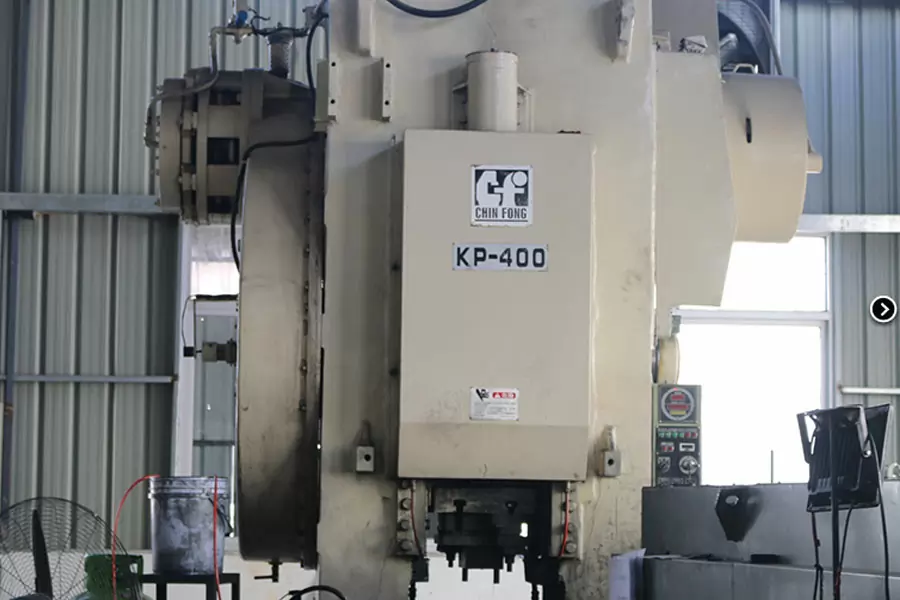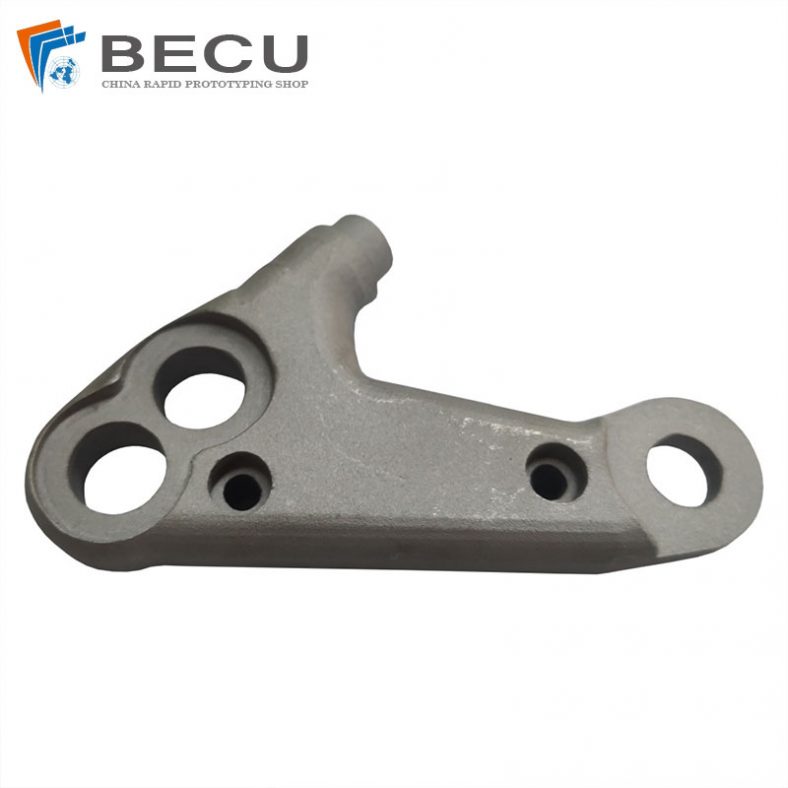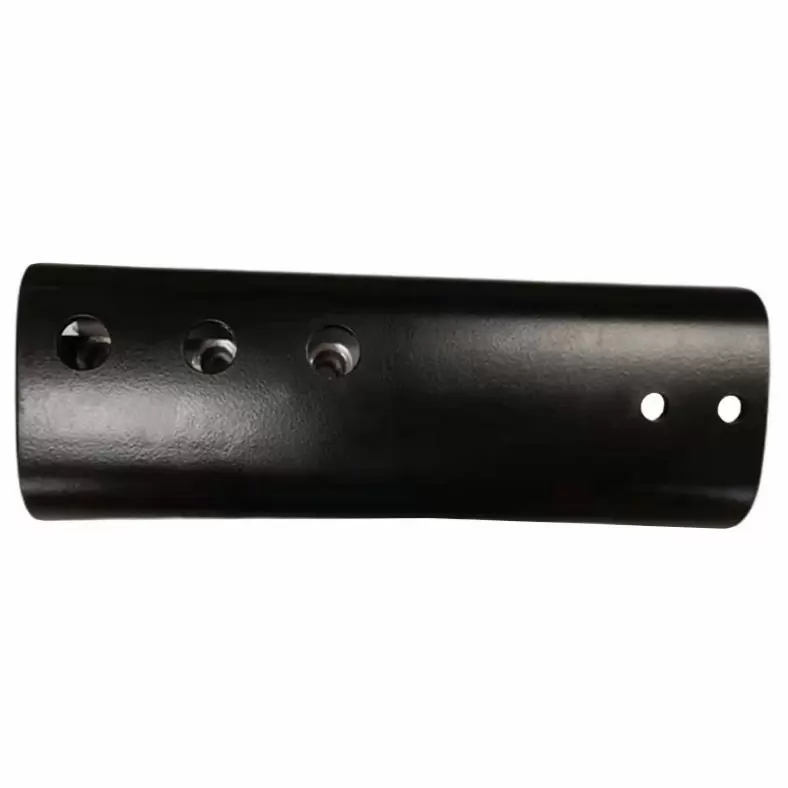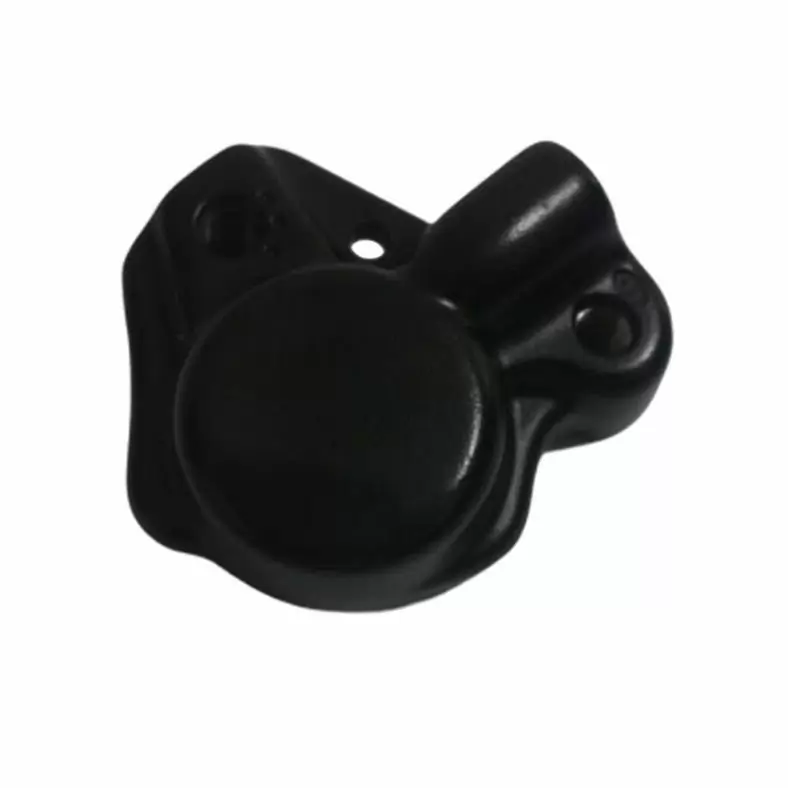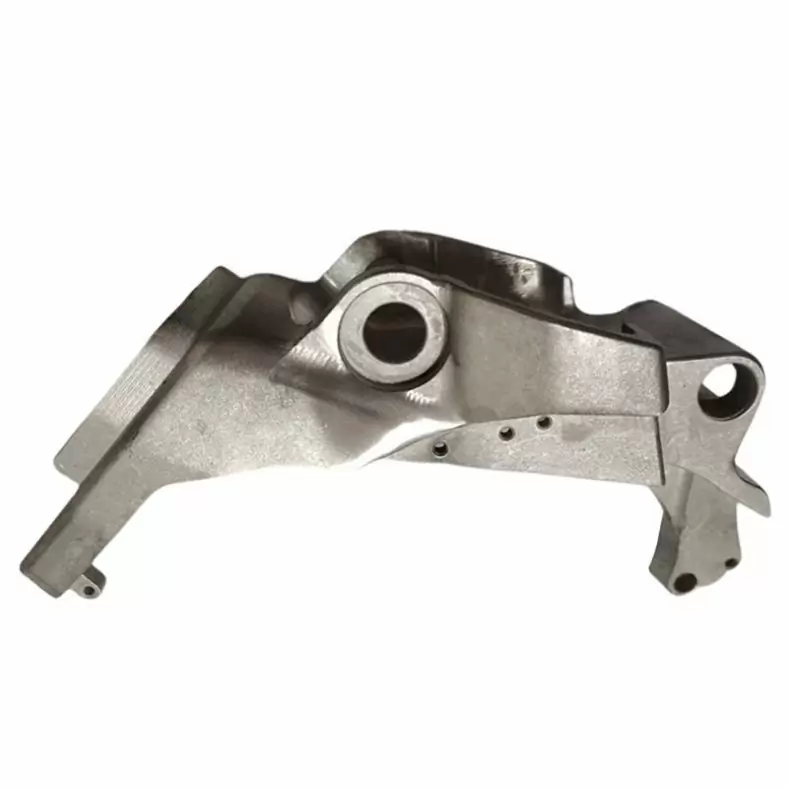Precision Forging For Bicycle Industry
Bicycle is a means of transportation commonly used when people go on a short distance trip. It is labor-saving, flexible, convenient and has both environmental protection and sports effects when riding a bicycle. Therefore, it is very popular and loved by people and is widely used.
Bicycle Parts are usually processed by CNC machining or metal forging. CNC is the process of removing material by milling or turning with precision cnc lathe or cnc machining center. The mechanical properties of bicycle parts machined directly by CNC are not good, and complex heat treatment and surface treatment processes are required to achieve ideal mechanical properties, and are usually processed by ordinary CNC.
The produced parts can only guarantee the accuracy of the parts, but not good surface quality, and usually need a polishing process; Metal Forging is a process of casting materials into a designed shape by using high temperature and high pressure. Metal blanks are plastically deformed to obtain blanks and parts with a certain shape, size and intrinsic quality. The precision forging process can produce materials with higher density and make products more resistant to metal fatigue.
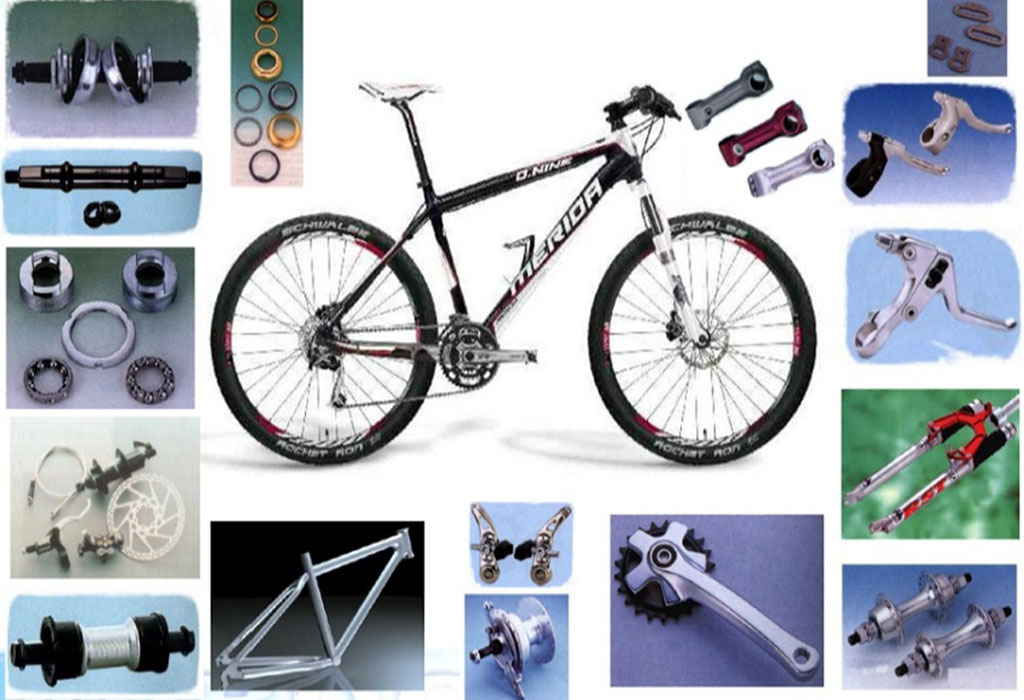
Metal Forging Technology can forge the inside and outside of the material at the same time, and the products produced will be significantly stronger than those made by general forging, machinery, and drilling, and can process complex shapes, uniform stress, and good mechanical properties bicycle parts.
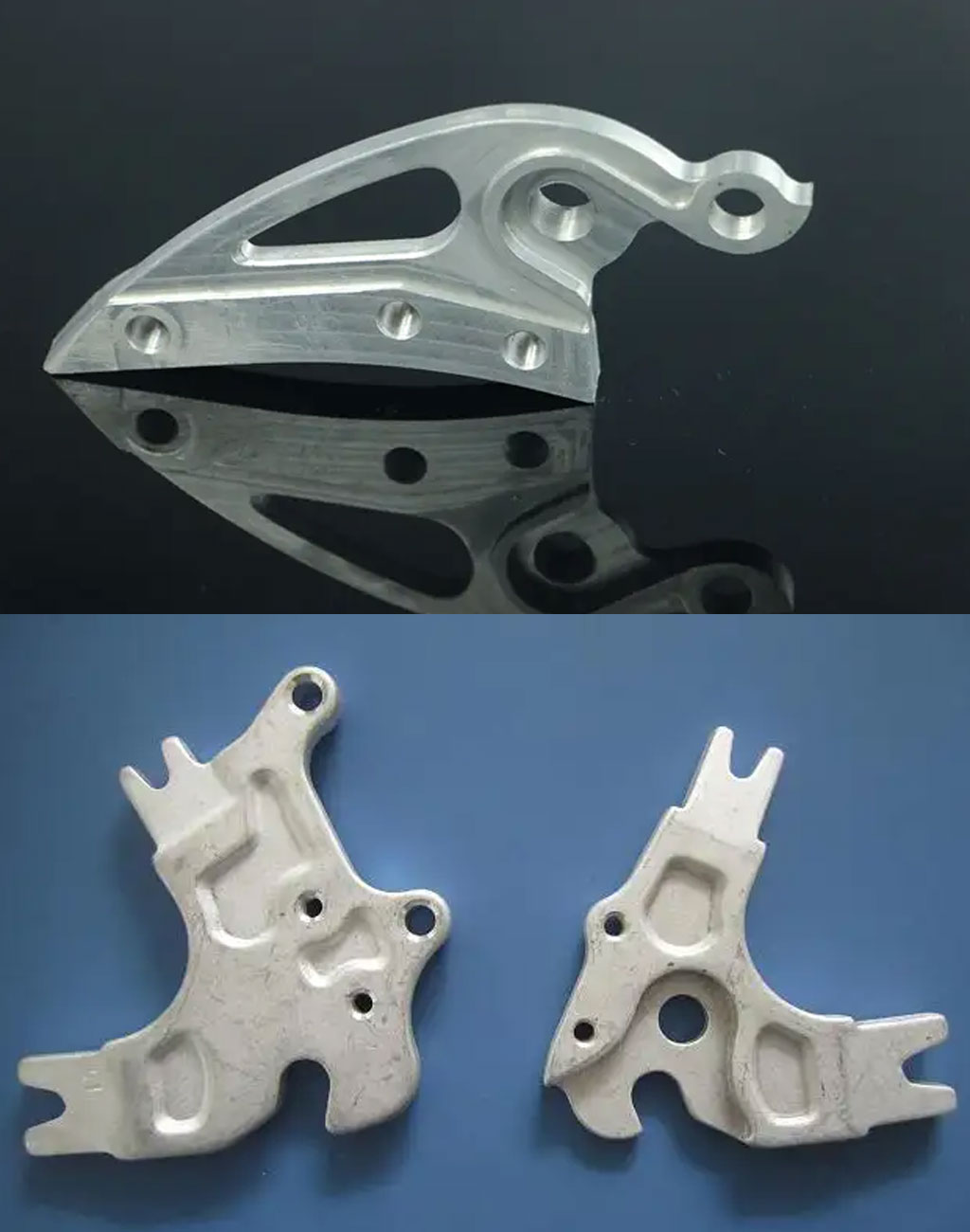
The Main Components Of The Bicycle
Among the 25 components of a bicycle, including the frame, tires, pedals, brakes, and chains, the basic components are indispensable.Among them, the frame is the skeleton of the bicycle, which bears the greatest weight of people and goods.According to the working characteristics of each component, it can be roughly divided into guiding system, driving system and braking system:
- Guidance System: It is composed of handlebars, front forks, front axles, front wheels and other components. The rider can change the direction of travel and maintain the balance of the vehicle by manipulating the handlebars.
- Drive (Transmission Or Walking) System: consists of pedals, center shaft, sprocket, crank, chain, flywheel, rear axle, rear wheel and other components. The pedaling force of people’s feet is driven by the pedals through cranks, sprockets, chains, flywheels, rear axles and other components, so that the bicycle continues to advance.
- Braking System: It is composed of brake parts, and the rider can manipulate the brake at any time to slow down and stop the bicycle and ensure driving safety. In addition, for safety and aesthetics, as well as for practicality, it is also equipped with lights, brackets and other components.
Aluminum Forging For Bicycle Parts
Aluminum Forging is a popular manufacturing process for creating high-strength, lightweight bicycle parts such as frames, handlebars, cranksets, and seatposts. Aluminum has properties that make it well-suited for bike parts, such as lightweight,high strength-to-weight ratio, corrosion resistance, and good fatigue resistance.
Aluminum forging produces bike parts that are stronger and more durable than those made through other manufacturing processes. This is because the forging process compacts the aluminum grains, resulting in a stronger, more uniform structure. Aluminum forging allows for precise shaping and sizing of parts, ensuring that each component is produced to exact specifications.
This is essential in the production of bicycle parts, where even small deviations in size or shape can affect performance.Forged aluminum parts have improved fatigue resistance, which means they are less likely to develop cracks or fail under repeated stress. This is particularly important for parts such as cranksets, which are subjected to high stress during use.Overall, the advantages of aluminum forging make it an ideal choice for manufacturing high-performance bicycle parts that are strong, lightweight, and durable.
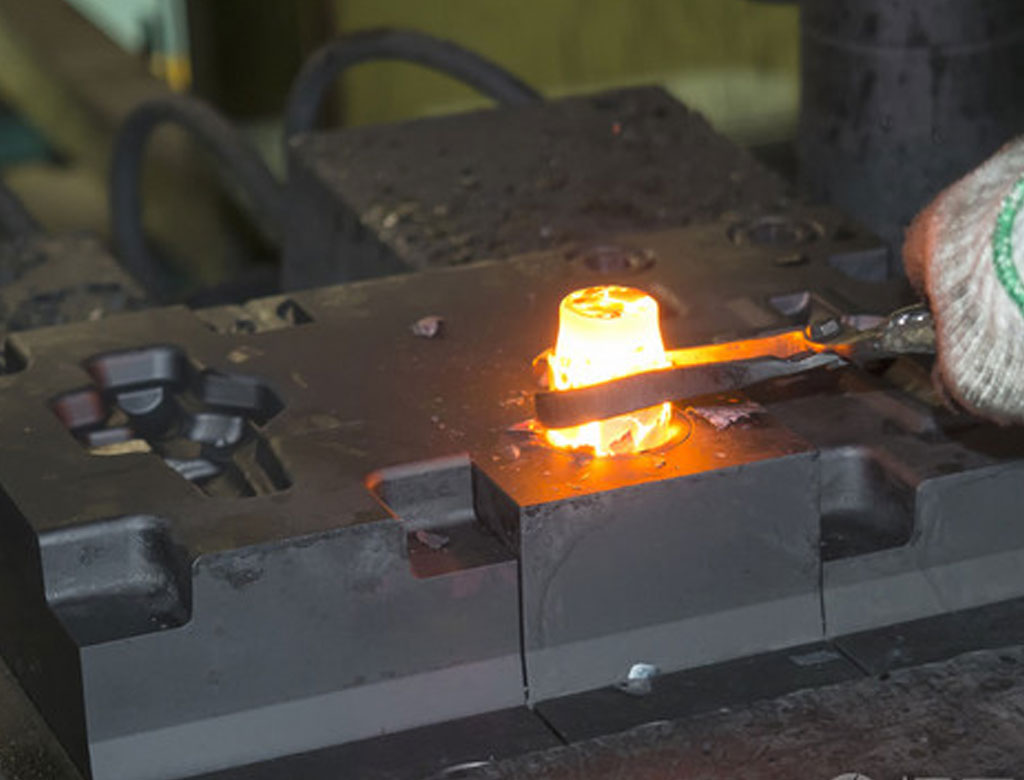
Bicycle Parts Forging Supplier – Precision Forgings For Bike Parts
Forged bicycle parts are widely applied in the manufacturing and assembly of custom modern bike parts in different type and models, such as hilltop bicycles, trek bicycles, electric bicycle, kids bike, folding bike, etc. As its name implies, forged bicycle parts refer to the bike components made from forged material, which is actually a metal forging process.
Be-cu.com is a ISO9001:2015 certified drop forging company mainly supplying different types of forged bicycle parts in China. Available forged alloys for bicycle parts in our factory can be: aluminum alloys,copper alloy etc.
Since our beginnings in 1995, we have been innovative leaders in the forging industry due to our ability to provide businesses with quality bicycle forgings with an outstanding turnaround time. Our highly skilled staff uses a multitude of advanced technological resources and machinery to create the perfect bike forgings while thoroughly communicating with you to ensure your specifications are met. Advantages of buying forged bicycle parts from Be-cu.com are:
- – Forging equipment with the largest tonnage of 4000 tons in China, which can forge a maximum outer diameter of 300MM and a diameter of 1000MM.
- – BE-CU.COM has 4000 tons/800 tons/650 tons/400/300 tons forging and 30 CNC machining centers.
- – The forging accuracy can reach between 0.1MM-0.2MM, and the machining dimension has precise tolerance (0.01MM-0.05MM).
- – Independent forging factory, independent CNC machining center area and follow-up surface treatment and other one-stop customized factory for finished products.
- – 30 years of precision forging and CNC Machining one-stop metal parts custom service factory.
Be-cu.com is your #1 source for high precision bike forged parts, with fast turnarounds and exceptional service from start to finish. Contact us today to discuss your project or to request a quote.
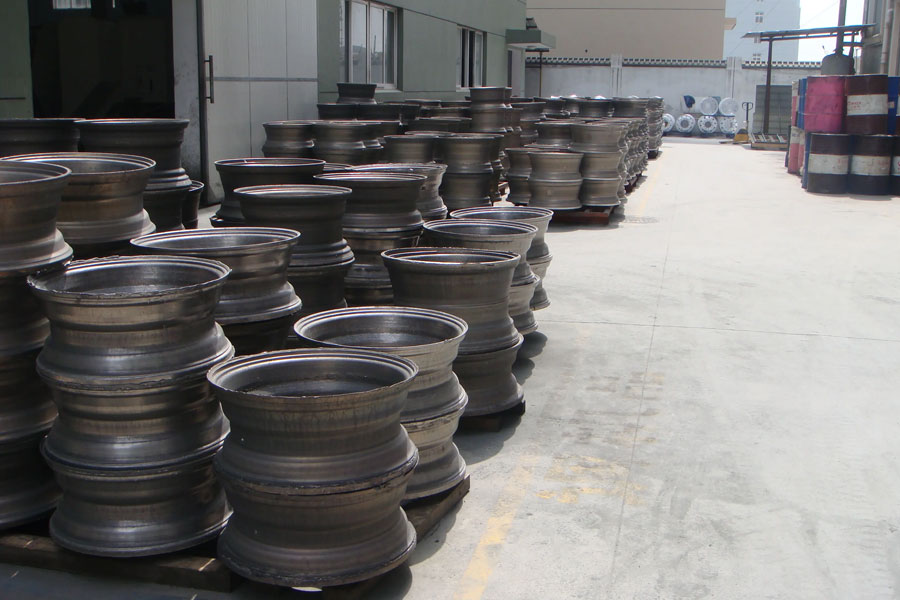
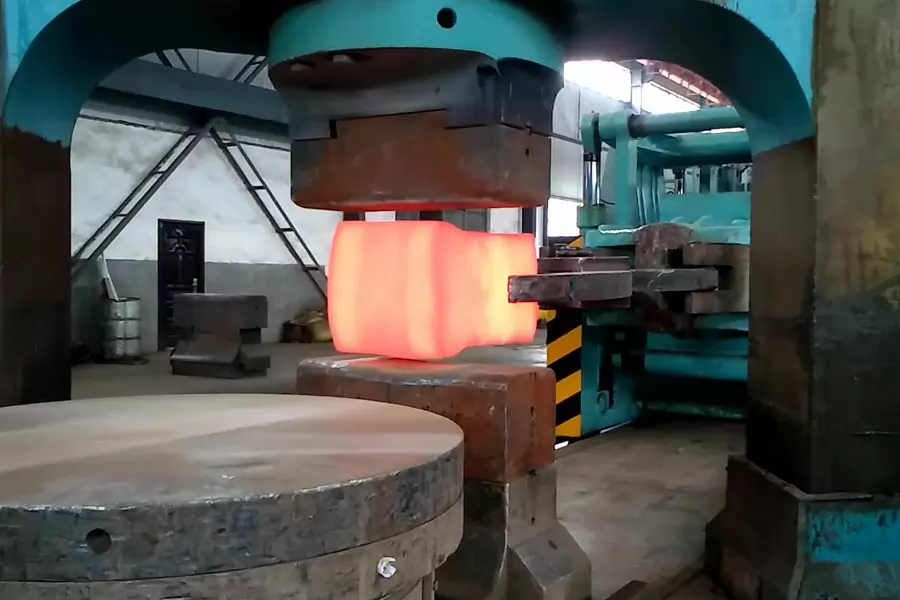
What Can We Do
- Forging Precision: 0.05mm
- Machining Accuracy: 0.02mm
- Mold Core Hardness: 48-52HRC
- Quality Inspection frequency: AQL=0.5
- Mould Cavity: one mould and one cavity
- Appearance Process: vibration grinding, machining, polishing, oxidation
- Number Of Parting Surfaces Of Forging Die: upper and lower die
- Forging Die Core Material: imported SKD61 mold steel and others
- Forging Die Life: up to 215,000 mold times
- Daily Production Capacity Of Single Forging Die Set:up to 512PCS
- Forging Die Installation Method: up and down fixed forging die
- Process Flow: blanking + heating + rough forging blank + fine forging blank + trimming + T4T6 heat treatment + vibration grinding + machining + polishing + surface treatment
- Forging Processes: cold forging, hot forging, roll forging, open-die forging, closed-die forging, drop forging, etc.
- CNC Machining: turning, milling, drilling, grinding, tapping, boring, reaming, etc.
- Testing equipment: three-dimensional projector, two-dimensional projector, salt spray tester, high temperature tester, abrasion tester, hardness tester, level, height ruler, caliper, micrometer, needle gauge, tooth pattern pass and stop gauge ring gauge, Non-standard custom inspection tools and other related testing equipment.
WE Forging Industries
- Bicycle Forging
- Automotive Forging
- Motorcycle Forging
- IOT Forging
- Surgical & Dental Forging
- Energy Forging
- Agriculture Forging
- Transportation Forging
- Railroad Forging
- Construction Forging
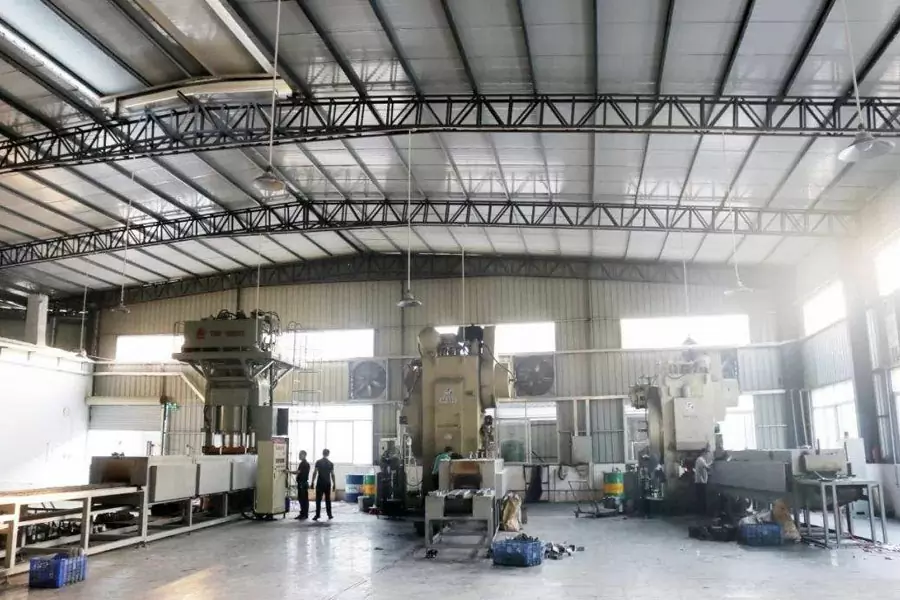
Our Outstanding Bicycle Forging Equipment
- Blanking Machine
- Intermediate Frequency Furnace
- Metal Forging Machine
- Punching Machine
- High Temperature Furnace
- Vibrating Pot
- Cnc Machining Center
- Polishing Machine
- Check Out BE-CU Equipment List


